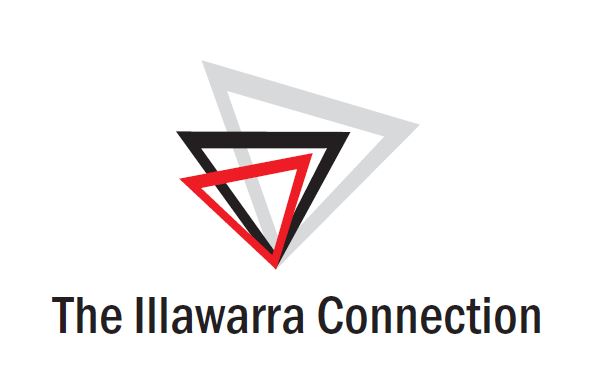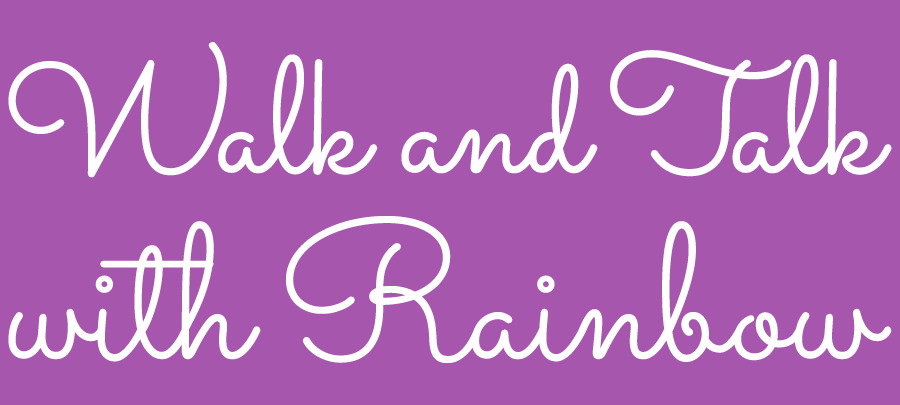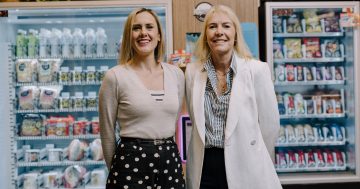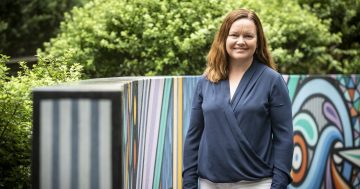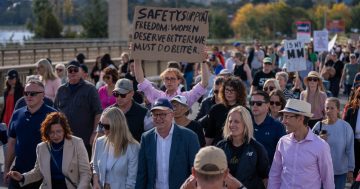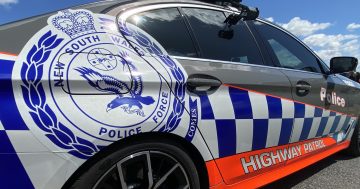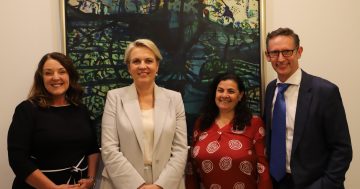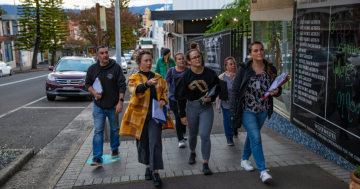
UOW Criminologist Dr Rachel Loney-Howes says only about 13 per cent of sexual assaults are reported and there should be better options for victims. Photo: UOW.
A new international study involving University of Wollongong researchers is calling for better options for sexual assault victim-survivors to come forward to the police without directly speaking with authorities.
Criminologist and report co-author Dr Rachel Loney-Howes said there was vast under-reporting of sexual assault to police and the criminal justice system, with the latest statistics suggesting only 13 per cent of sexual assaults were ever reported.
“Sadly, this figure is likely to be much lower for certain communities who face significant barriers to reporting their experiences, such as Aboriginal and Torres Strait Islander peoples, LGBTQIA+ people and those from culturally and linguistically diverse backgrounds,” she added.
UOW researchers joined with RMIT in the first international study of its kind, to examine alternative sexual assault reporting options that are operated by law enforcement and victim support services.
The study found that well-designed alternative options can improve reporting outcomes.
Dr Loney-Howes said alternative reporting referred to self-administered forms that provided confidential avenues for victim-survivors to informally report sexual assault without having to speak directly to authorities. In Australia, current alternative reporting options sit directly with police.
“Five jurisdictions in Australia offer alternative reporting options for survivors of sexual assault – NSW, Queensland, Western Australia, Victoria and ACT – however many of these platforms aren’t considered best-practice and many victim-survivors distrust the police,” Dr Loney-Howes said.
“We found that alternative reporting options are seen as an ‘in-between’ pathway for victim-survivors who are unsure about making a formal report to police or do not wish to engage with police at all,” she added.
“There is also some evidence showing victim-survivors who use alternative reporting options do go on to make formal reports. However, this is not their main reason for using these pathways.”
The researchers also found alternative reporting options enabled victim-survivors to tell their story in their own words in ways that are meaningful to them and allow them autonomy and control. Alternative reporting options also assist police with intelligence gathering in unique ways.
However, the research also revealed that the structure and design of some existing alternative reporting forms can undermine the integrity of their narrative and impact the quality of information victim-survivors provide to police. Completing forms can also be triggering or traumatic for victim-survivors.
“Despite the findings, we do believe we can improve this problem in Australia and we can address critical gaps,” Dr Loney-Howes said.
“Our study found that even when a reporting option is appropriately trauma-informed, it will be more effective if it’s not embedded within a law enforcement environment.
“An effective system enables a victim-survivor to tell their story and connect with therapeutic support services. It would also allow the collection of data about a wide range of harmful experiences and it can be sent to police to better inform their operations and allocation of resources.
“Above all, it gives victim-survivors options and agency.”
The researchers would like to see alternative reporting options that are trauma-informed, culturally safe and underpinned by best-practice interviewing principles.
Dr Loney-Howes said data security was paramount and users needed to be given clear information about the form, how it would be used, who would have access to it and where it would be stored.
“Something needs to change and if our recommendations are taken on board, we can give survivors a gold-standard reporting experience and substantially improve their access to support and justice,” she said.
The research team is asking survivors to complete a survey about their perspectives on alternative reporting tools for a project funded by the Attorney General’s department. The survey is available to complete online.




